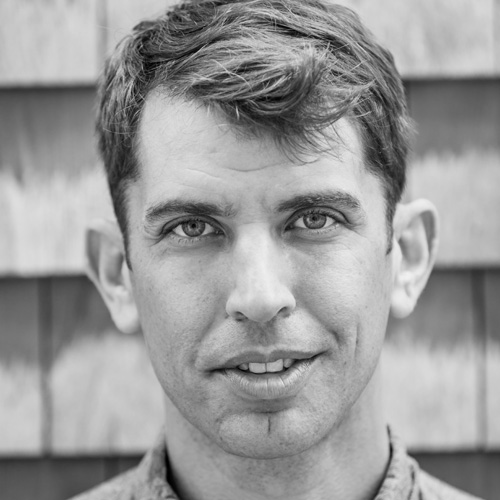Two Psychiatrists Explain Why Spirituality Matters
Medicine is a field firmly rooted in science. And yet, it can coexist with spirituality, as psychiatrist Drew Ramsey, MD, a member of the Well+Good Council, knows. His fellow psychiatrist Anna Yusim, MD is the author of Fulfilled: How the Science of Spirituality Can Help You Live a Happier, More Meaningful Life—and devoting time to her own spiritual practice, she says, makes her a better doctor. Here, the two doctors discuss the hows and whys of cultivating spirituality—and how even skeptics can get started.
Drew Ramsey, MD: You're a psychiatrist and and expert on spirituality, Dr. Yusim. I'm wondering, how can we have a more spiritual fall?
Anna Yusim, MD: One of the things that you could do to connect to your own spirituality is ask, "How do I feel connected to something greater than myself?" That could be to God, if you believe in God. It could be to the universe. You could be a spiritual person without believing in God at all. You could be a spiritual person by looking at the synchronicities in your life and looking for guidance by the way that events unfold in your life and move you forward.
Can you talk more about that?
Usually, you can see in retrospect that A, B, and C resulted in where you are now. Sometimes, you can even ask for that guidance from the universe in real time: "God, I need a sign. Universe, I need a sign. In what direction do I need my life to go? How do I get there?" At the end of the day, you still have to make the decision. You can't externalize your power to anything outside of yourself—but you certainly can get that guidance and ask for it when you need it.
It's rare that we have an Ivy League-trained psychatrist who's telling us, "For better spiritual health, trust your intuition." And then, in the book, there are a number of exercises. I thought it would be nice to share one of them to help us all think about our own spirituality.
One such exercise is helping people to quiet their thoughts in order for their intuition, or the voice of the soul, to emerge. Usually, thoughts enter our mind—and we are thinking thousands and thousands of thoughts a day, some conscious and some not conscious. When the thoughts are ready to leave, they leave. So the thoughts are actually in control of our minds rather than vice versa.

{{post.sponsorText}}
The voice of that soul is a still, quiet voice that can only be heard when the screaming of our thoughts temporarily ceases. To connect to your soul, start to quiet the thoughts. Whenever a thought comes in, you want to acknowledge that thought. You don't want to push it away, because what you resist persists.
Can you give me an example?
Let's say you have a thought about an ice cream sundae. You let the thought come into your mind. You label it. Then you imagine a cloud passing by. You put the thought in a cloud and watch it float away. Then a vacuum opens up in your mind again. The next thought can come in, and you repeat the process. You're changing your relationship. You become the gatekeeper of what enters your mind and how long it stays.
Thank you so much, Dr. Yusim.
Thank you.
 As a psychiatrist and farmer, Dr. Drew Ramsey specializes in exploring the connection between food and brain health (i.e. how eating a nutrient-rich diet can balance moods, sharpen brain function, and improve mental health). When he’s not out in his fields growing his beloved brassica—you can read all about his love affair with the superfood in his book 50 Shades of Kale—or treating patients through his private practice in New York City, Dr. Ramsey is an assistant clinical professor of psychiatry at Columbia University College of Physicians and Surgeons.
As a psychiatrist and farmer, Dr. Drew Ramsey specializes in exploring the connection between food and brain health (i.e. how eating a nutrient-rich diet can balance moods, sharpen brain function, and improve mental health). When he’s not out in his fields growing his beloved brassica—you can read all about his love affair with the superfood in his book 50 Shades of Kale—or treating patients through his private practice in New York City, Dr. Ramsey is an assistant clinical professor of psychiatry at Columbia University College of Physicians and Surgeons.
What should Drew write about next? Send your questions and suggestions to experts@www.wellandgood.com.
Loading More Posts...